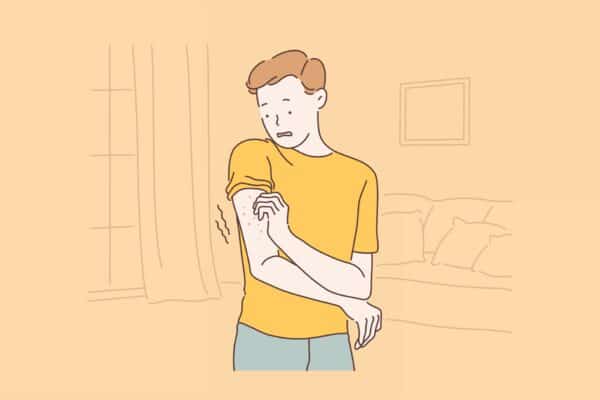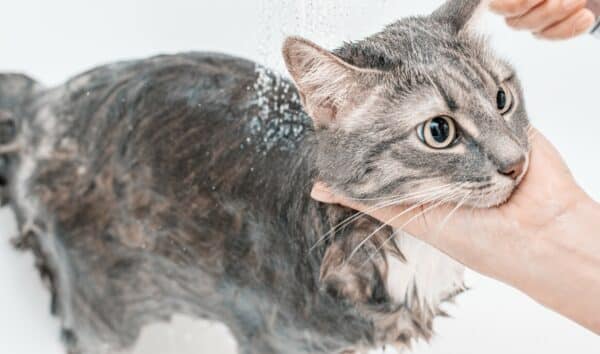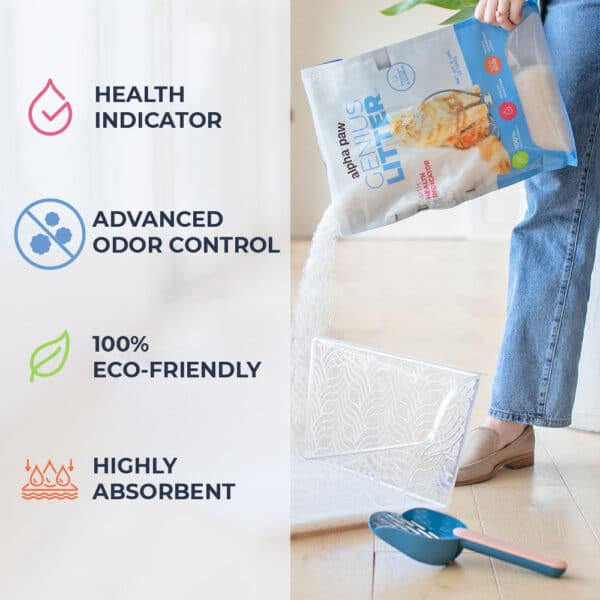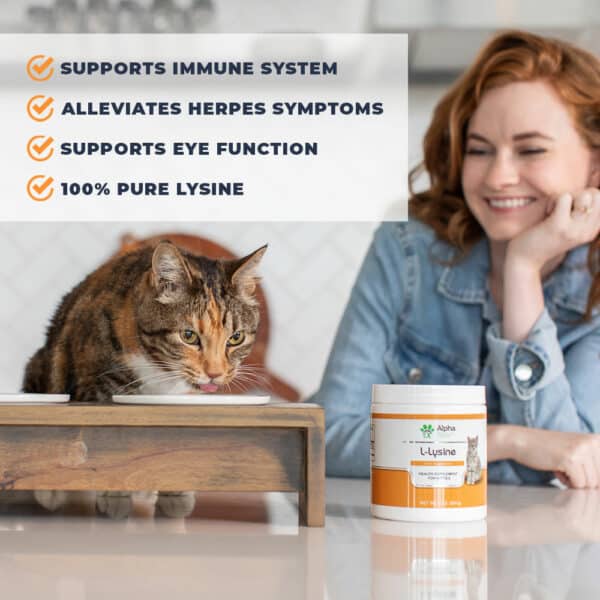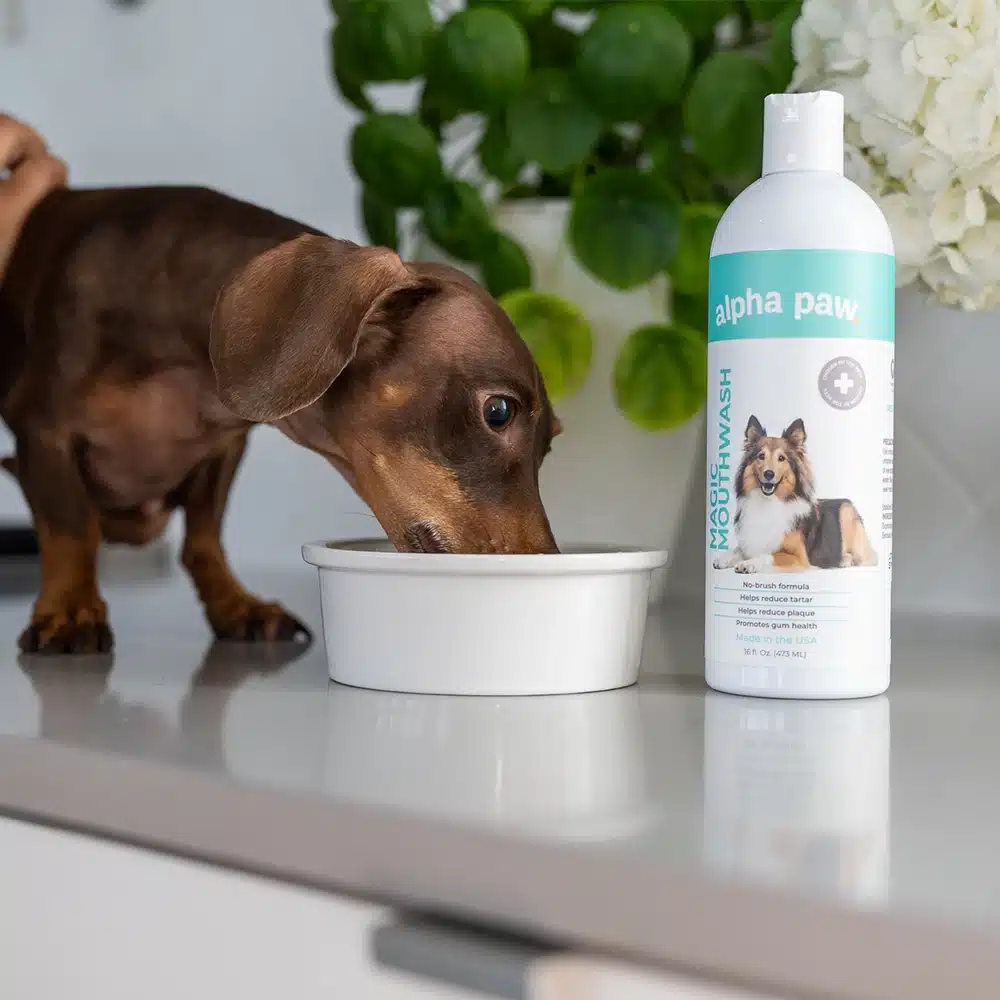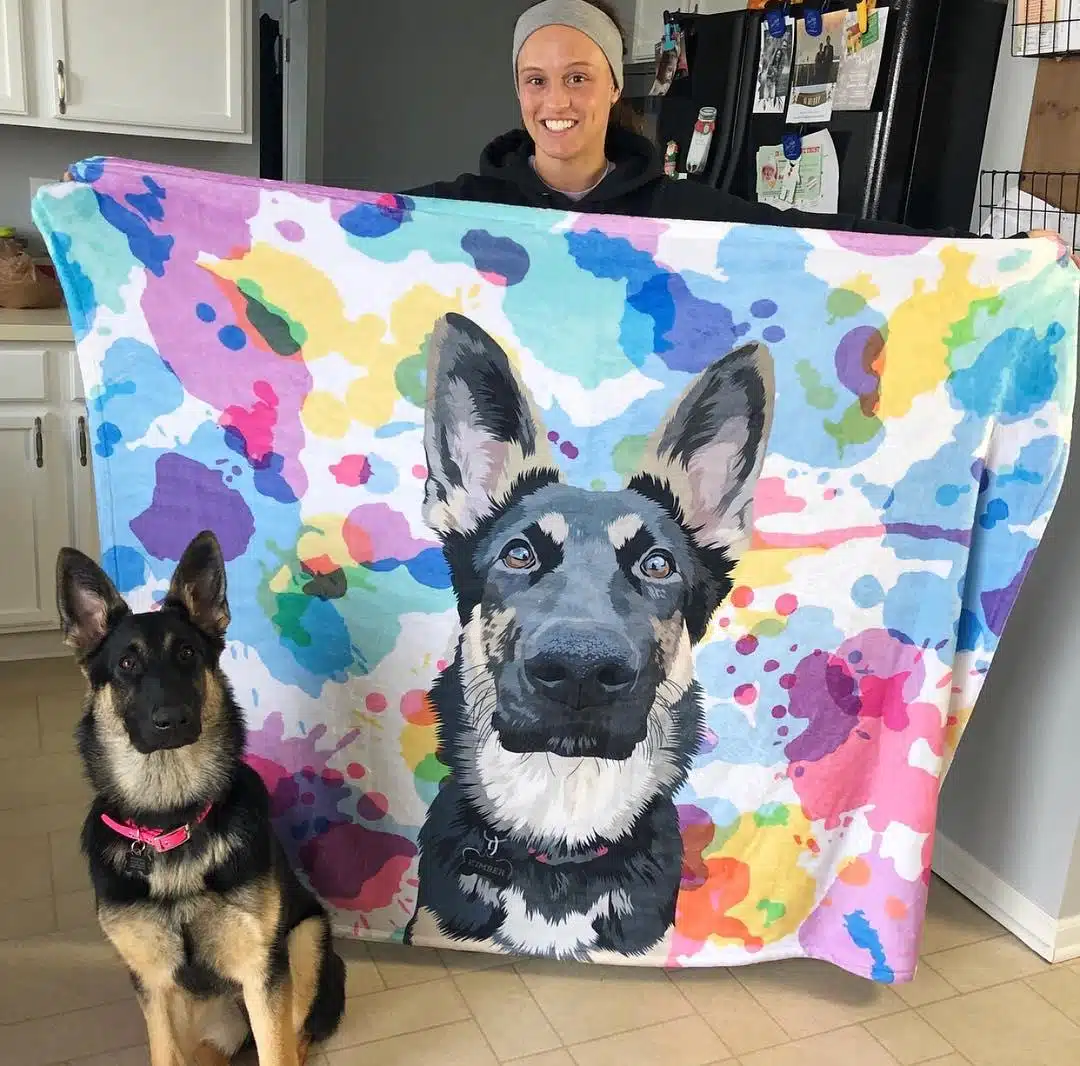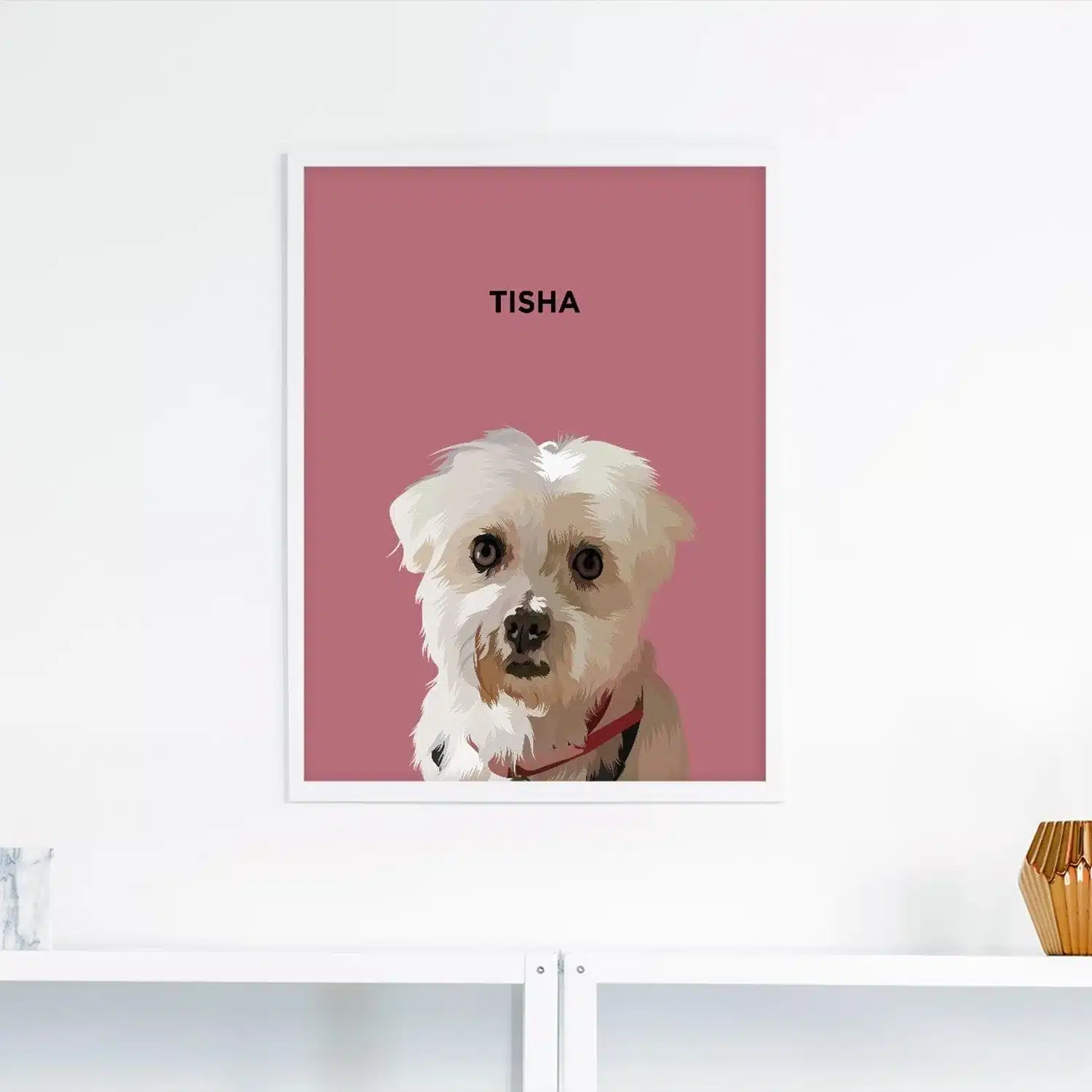The Maine Coon may be the most popular cat breed in the United States, but many potential cat owners might hesitate to adopt it because of the query: Is the Maine Coon Hypoallergenic?
Since many people are actually allergic to cats and can’t touch them without experiencing symptoms such as hives and itching which can lead to more serious health problems over time.
However, it’s not always easy to answer such a question. It depends on many factors, including each individual’s own allergies and sensitivities and how you define hypoallergenic.
We’ll examine the question from different angles below to help you decide if the Maine Coon is hypoallergenic for you and your family!
Let’s take a look at the research to find out!
Hypoallergenic – What Does it Mean for Cats?
The term hypoallergenic refers to an animal that has fewer potentially irritating substances than other animals, so it is less likely to trigger allergic reactions.
With cats, some felines produce a naturally occurring protein that can trigger reactions in people with cat allergies or sensitivities.
The best way to determine if your cat is hypoallergenic is by testing it out. You can test your cat to see if he or she produces any of these proteins using one of many tests available online or at your veterinarian’s office.
Is the Maine Coon Hypoallergenic?
The Maine Coon is not hypoallergenic, meaning that it is not suitable for those with allergies to cats.
Due to their high fur and large size, they produce allergens like other cats, which can cause allergic reactions in some people.
However, with some care and attention from both parties involved, the Maine Coon can be enjoyed by those with allergies to cats as well as those without any allergies at all!
Note:
In the opinion of experts, Maine Coon cats are not an issue if you have mild allergies, but if you suffer from severe asthma or respiratory issues, then they may not be suitable for you.
What Causes Cat Allergies?
Cats secrete certain proteins from their sebaceous glands, which may cause an allergic reaction in humans. These proteins are called Fel d 1, Fel d 2, and Fel d 4. When cats groom themselves, these proteins become airborne and can be inhaled by people who are allergic to them.
These proteins can be found in:
- Saliva
- Urine
- Feces
- Skin
- Fur
- Dander (dead skin cells)
- Tears
- Mucous
Studies show that around 80%–90% of patients are allergic to Fel d 1 protein, with a smaller percentage being sensitive to Fel d 2 and Fel d 4 proteins as well.
What Type of Symptoms Can a Cat Allergy Sufferer Show?
If you’re curious about whether you are allergic to your cat or not, see this list of common cat allergy symptoms:
- Sneezing
- Coughing
- Wheezing
- Runny nose
- Irritation of the throat and mouth
- Watery eyes
- Itchy skin
Other symptoms include nasal congestion, red eyes, and hives. In some cases, people with severe reactions can experience loss of consciousness or dizziness, which is why it’s important for anyone who has cat allergies to take precautions when they’re around cats.
The symptoms of an allergic reaction will depend upon the severity of the allergy. A highly sensitive person will show symptoms immediately whereas some people may get a reaction within 4 to 8 hours after exposure and symptoms might persist for a few minutes or up to a few hours.
If you are suffering from asthma, then you are more prone to an allergic reaction from cat allergens and this is because asthma causes hypersensitivity in the respiratory tract as well as inflammatory reactions in response to allergens.
How to Check if You Are Allergic to Maine Coons?
If you suspect that Maine Coons may be the wrong pet for you and are wondering how to know if you are allergic to Maine Coons, there are following steps you can take:
Interaction With Maine Coon
You can spend some time with the main coon and see if you feel uncomfortable at any point in the process or if your allergic symptoms come back again.
Secondly, a visit to a shelter or breeder is another great way to test if you are allergic to Maine Coons because the majority of them will have Maine Coons in their possession for adoption.
Have an Allergy Test
If you want to find out whether you’re allergic to a specific cat breed, the quickest route is to get tested by a pathology lab. Many veterinarians now offer allergy testing for specific breeds of animals such as Maine Coons.
What Should I Do to Reduce Cat Allergies?
If you suffer from cat allergies, there are a few things you can do to minimize your symptoms.
- Bathe Your Cat
- Brush the Cat Daily
- Wash Your Hands
- Reduce Touching Your Cat
- Clean Your Home
- Install Air Filters in Your Home
- Use Anti-Allergen Spray
- Stop the Cat From Licking You
- Set House Limits For Your Cat
- Keep the Litter Box Clean
- Use Gloves While Gardening
- Get a Female or Neutered Male
- Get Proper Medication
1. Bathe Your Cat
For those who are allergic to cats, it’s important that you bathe your cat regularly to reduce allergens in its fur.
The main sources of cat allergies are proteins from a cat’s saliva or dander from a juvenile cat’s skin. These allergens can be reduced by washing a cat with a shampoo recommended by the vet.
If you don’t have the time for a full-on bath in the tub for your kitty, then you can use gentle pet wipes instead. Simply wipe your pet down with these wipes and they will effectively remove allergens and pests.
2. Brush the Cat Daily
Brushing your cat regularly is the most important thing you can do to minimize your allergy symptoms. Maine Coons have long and thick fur which makes it difficult to tell when they are matting. Daily brushing will prevent this and will also remove any dander that may be present.
Make sure to clean the brush after each use and to wash your hands after brushing so that the allergens don’t get spread around your house.
3. Wash Your Hands
Another thing is washing your hands often to remove allergens that have transferred to your skin from contact with a cat.
After petting your cat, be sure to wash your hands thoroughly before touching anything in the house, and do so again after handling the cat.
Doctors recommend washing your hands for 30 seconds with soap and water to remove cat dander from your skin after touching or petting a cat.
4. Reduce Touching Your Cat
When you pet a cat, it’s both a rewarding and bonding experience, but it also transfers allergens. If you are allergic, it is best to avoid petting your cat to lessen your symptoms. The less exposure you have to a particular allergen, the better your chances of not having an allergic reaction.
5. Clean Your Home
If you have a main coon that lives in your home, allergens can be present in your home. It is crucial that you make your home as allergy-free as possible to minimize the symptoms of your allergy.
If you can, try to clean your home thoroughly. Vacuuming will pick up allergens on the floor. Clean the carpet daily by shampooing, vacuuming, and spot-cleaning it.
Also, make sure any hard surfaces are wiped down regularly with a damp cloth or sponge and a mild soap solution.
If possible, open windows and curtains for a few hours a day to let fresh air circulate through the house and dry out any damp surfaces from cleaning.
6. Install Air Filters in Your Home
Air filters can be installed in your home to help minimize cat allergies. This includes HEPA air filters, which are highly effective at trapping particles and allergens in the air before they enter your home. The best place to install an air filter is near where your pet spends most of its time.
7. Use Anti-Allergen Spray
Exposure to cat hair and dander causes allergies and asthma in many people, so it’s important to keep your environment clean.
One way to do this is by using anti-allergen sprays which neutralize allergens that can trigger an asthma attack or a flare-up of allergies. Spray your home surfaces before vacuuming to get rid of allergens.
8. Stop the Cat From Licking You
The act of cats licking their owners can be a pleasant experience, but it can also transfer allergens. Fel d1 protein is present in cat saliva and can cause allergic reactions, so to prevent this, the owner should discourage the cat from licking.
9. Set House Limits for Your Cat
Cats can leave behind allergens like dander and fur that get trapped in your sheets and pillows, leading to an allergic reaction in the owner or other allergy sufferers in the household.
If your home is full of Maine Coon cats and you have an allergy sufferer in the house, it would be wise to set limits for where your furry friends are allowed to roam around the house to minimize allergens in certain areas like your bedroom.
Training your cats to stay out of certain areas is a good way to avoid allergens from accumulating and make living with a Maine Coon easier for all involved!
10. Keep the Litter Box Clean
Another way to minimize your risk of developing an allergy to cats is to keep the litter box clean. In order to keep the litter box in its cleanest condition, scoop waste at least once a day and clean it with soap and hot water weekly, and replace your kitty’s litter once per month or so.
Helpful Tip:
If you prefer peace of mind, Genius Cat Litter is the way to go. Genius Litter is a safer and cleaner alternative to traditional smelly clay litter.
Genius Litter is made up of silica gel crystals that change color based on the health of your cat’s urine, detecting blood, alkaline levels, albumin, and abnormal pH levels.
Another top advantage of Genius Litter is that it is non-clumping which means less scooping. And once-a-month refills mean one bag lasts weeks longer than traditional smelly clay litter.
11. Use Gloves While Gardening
It is common for cats to urinate in the garden despite having a designated litter box. Wear gloves when gardening to avoid coming into contact with urine containing Fel D1 protein.
12. Get a Female or Neutered Male
If you or a loved one is allergic to cats but can’t give up the companionship of these furry animals, a female or neutered male Maine Coon may be just what you need.
Female Maine Coons produce fewer hormones than males, which means that their allergen levels are lower and less likely to trigger allergies in those who have sensitivities.
Male Maine Coons secrete more Fel d1 allergen which is responsible for triggering reactions in some people with allergies to cats, so it’s best to adopt a female or neutered male if possible.
13. Get Proper Medication
If you are allergic to cats but would like to have one as a pet, there are medications available that can help minimize allergies. Talk with your doctor about possible treatments and what’s best for you and your family.
Specific Breeds – Can They Be Considered Hypoallergenic?
None of the cats are completely hypoallergenic, because cats all secrete the Fel d 1 protein from their sebaceous glands. There are estimates that around 10% of people are allergic to this protein.
There are some breeds of cats that are more hypoallergenic than others. In the list below you’ll find some of these breeds.
- Bengal
- Balinese
- Russian Blue
- Cornish Rex
- Devon Rex
- Oriental
- Sphynx
- Siberian
Key Takeaways
- Maine Coons are not considered hypoallergenic because they contain Fel d 1 proteins that cause an allergic reaction.
- But they have a tendency to shed less than other breeds, making them a good option for people with mild allergies.
- By adopting a series of precautionary measures, you can minimize the risk of experiencing allergic reactions.
- Check with your vet and physician to see what else is to be done.
Pro Tip:
It can be very stressful and concerning when a beloved pet is not feeling well, so it’s worth it to get pet insurance to make sure you can cover the veterinary bills.
Importance of Pet Insurance
Pet insurance is a great way to protect your animal’s health. It can be hard to predict when an accident will happen, but with pet insurance, you’re covered.
There are a few different types of plans depending on your needs, and it only takes minutes to get coverage for your pet.
Some pet insurance companies will even cover 100% of veterinary expenses. So make sure to choose the best pet insurance plan for your furry friend.
Once you have a plan in place, vet bills will never be too high because they’ll already be covered by the policy.
It’s important that we all take care of our animals’ safety and well-being so they can enjoy their lives just as much as we do ours.
What Makes Genius Litter Different from Ordinary Litter?
Say goodbye to hauling heavy bags and hello to easy Genius Litter.
With our innovative non-clumping litter formula, you’ll need less of it. One bag of our disposable Genius Litter lasts up to a month, so you won’t need to refill the box as often and can save money on monthly costs.
One thing that separates us from traditional litter is that Genius Litter changes color to indicate when your cat has a potential health issue, so you can get them help before it becomes an urgent medical situation.
All you need to do is set up a delivery date with us each month, and rest easy knowing that Genius Litter will arrive at your doorstep every 30 days.
For a convenient solution for your cat, try Genius Litter today!
Why is Lysine so Important for Your Pet?
Protect your pet’s immunity!
Have you noticed that your cat is coughing, sneezing, and having rapid breathing? Or maybe he/she has been scratching more than usual?
These are all signs of a weakened immune system. One way to prevent this from happening is by using lysine supplements.
Lysine plays a key role in your pet’s immunity because it helps to regulate the immune system.
Without enough lysine, your pets will be more susceptible to illness because their immune system can’t fight off infections as efficiently.
When they are sick, they will also be less able to absorb nutrients and make use of other supplements that can help them feel better.
Give your pet the support they need. Our Lysine supplement provides essential amino acids to help support a strong immune system.
Order now to get 300 one-scoop servings or 150 two-scoop servings and don’t worry about expiry!
80% of Dogs Develop Arthritis or Joint Pain by 7 Years old – Here’s How to Protect Them
Most of us train our dogs when they are puppies to jump up on furniture. We think it’s harmless (and easier than always lifting them), but for dogs, couches and beds are very high compared to the size of their bodies.
Every time they jump it compresses their back and applies enormous force to their joints.
It’s no wonder that an incredible 80% of dogs experience arthritis or joint pain by only 7 years old.
Luckily, there is a vet-recommended solution.
It’s the PawRamp by Alpha Paw. An adjustable ramp that allows dogs to safely get on and off couches and beds. PawRamp makes joining you in bed or on the couch effortless and fun.
As a bonus, you can use code SAVE35 to get $35 off the PawRamp today.


